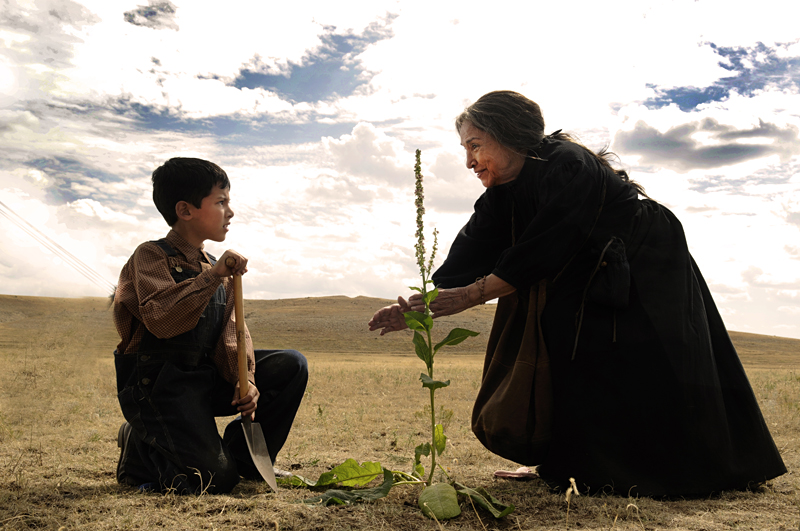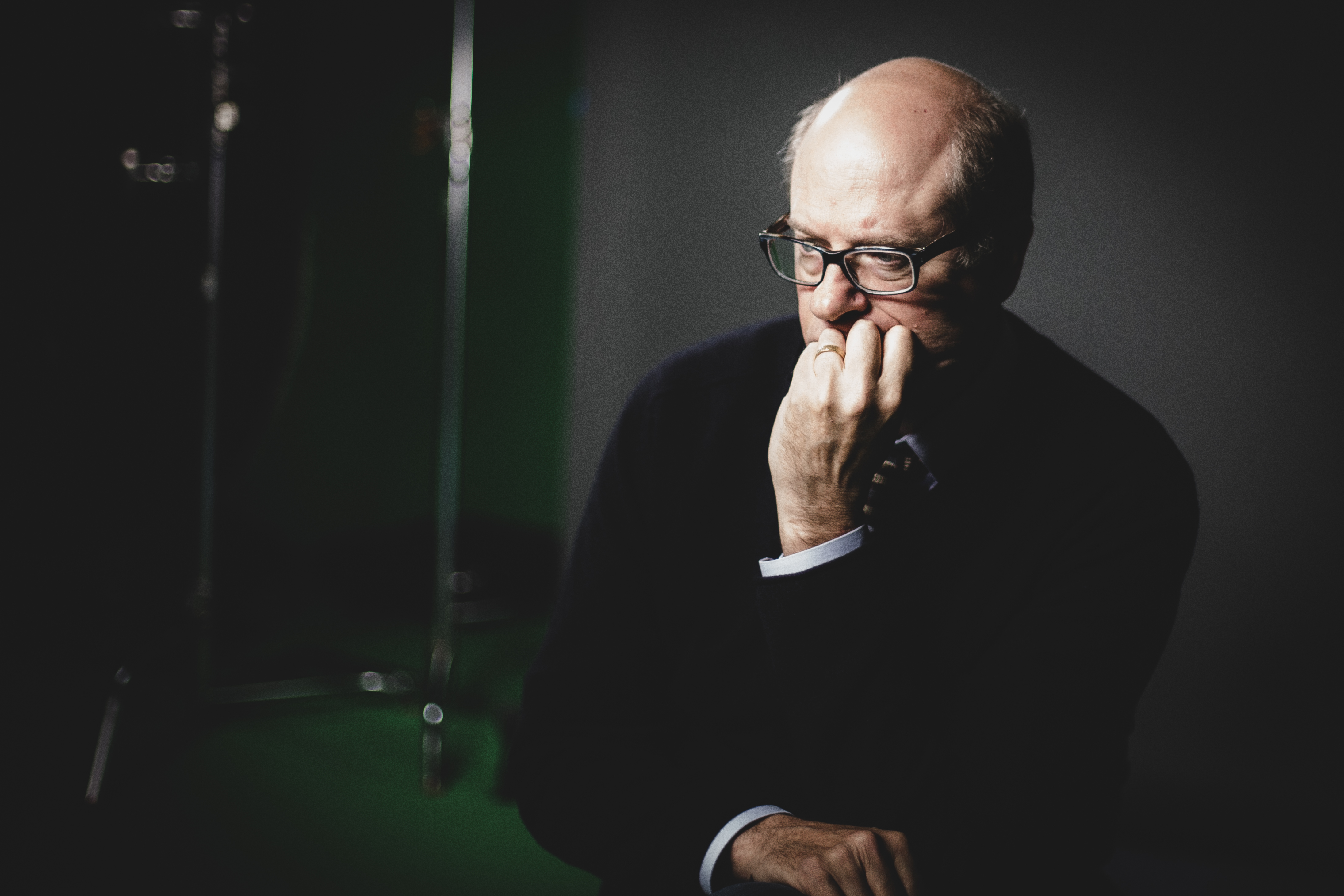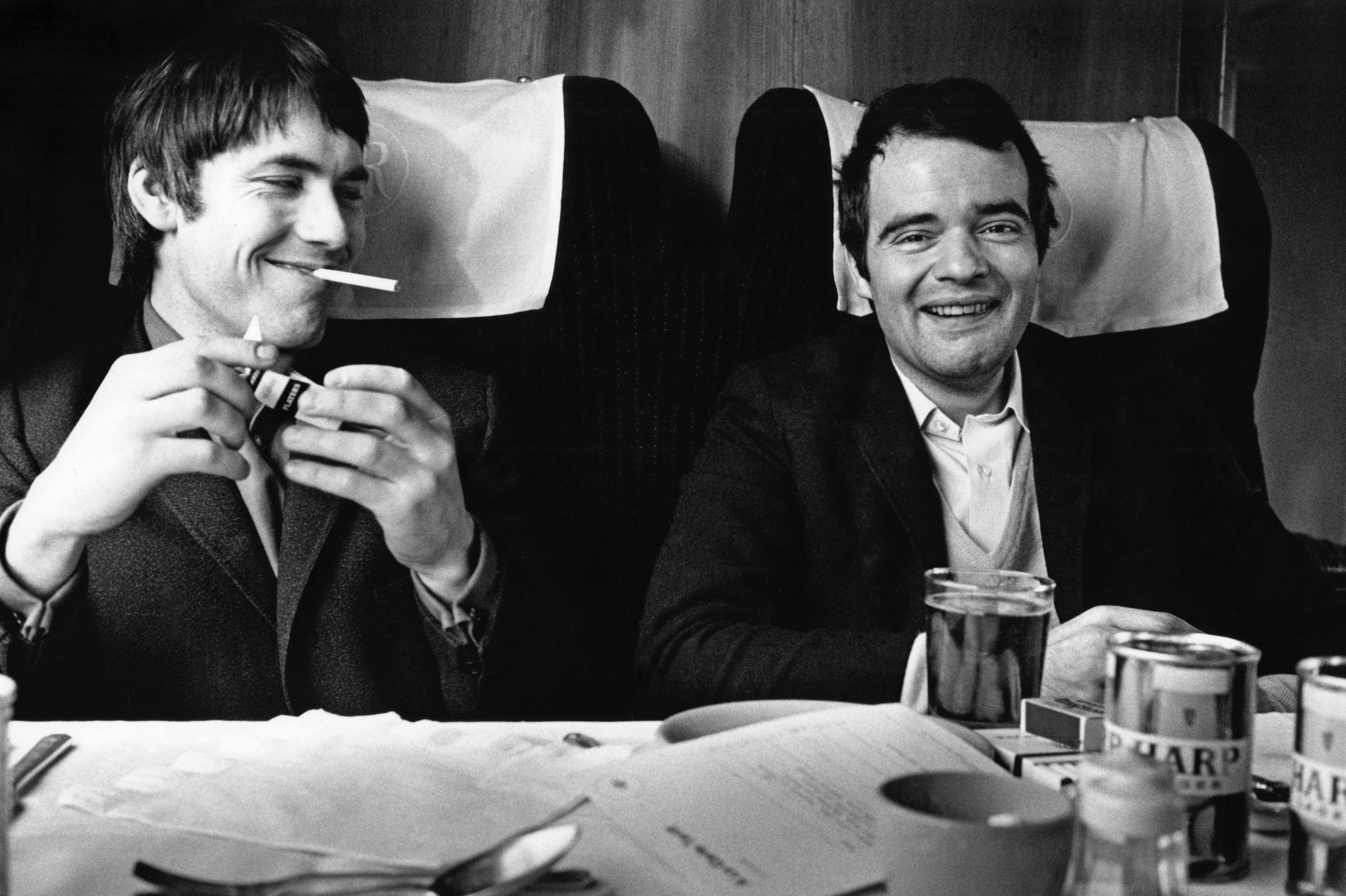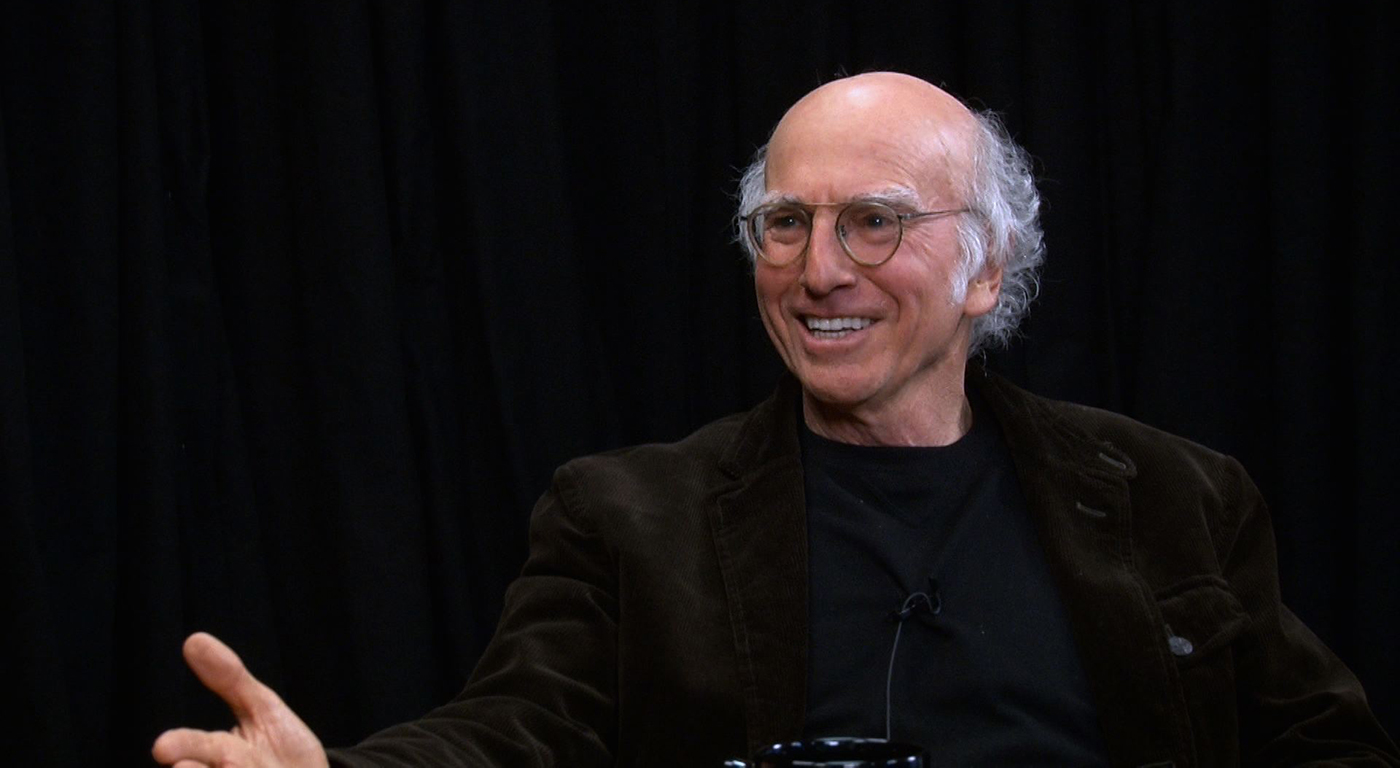I’ve never read Rudolfo Anaya’s 1972 coming-of-age novel Bless Me, Ultima, the tale of a Hispanic schoolboy in a small New Mexico town during World War II. But I know it’s considered a landmark of Chicano literature, and that generally means a devotional, earnest adaptation.On one hand, this is an often-lovely story of growing up Hispanic in America, as seen through the amber-lit idealization of childhood memory and framed by the narration of the grown Antonio (Alfred Molina). On the other, it’s a struggle of good and evil between Ultima (Miriam Colon), a wise old medicine woman (or curandera) alternately sought and shunned by her community, and tyrannical landowner Tenorio (Castulo Guerra), a fiery villain who never evolves beyond cliche. He’s an angry, vindictive killer who dominates the town. Meanwhile, the wise-beyond-his-years Antonio (Luke Ganalon), the youngest in a sprawling clan scattered by war service, tries to work through the contradictions of a culture that publicly embraces Catholicism but quietly preserves the folklore and spiritual beliefs of its pre-Christian heritage.Director Carl Franklin has always been savvy about race and culture in America in films like One False Move and Devil in a Blue Dress. He brings a heartfelt commitment to the story and to young Antonio’s perspective, as when Ultima’s magic makes more sense to him than the fear of God the local priest tries to instill. Franklin is sensitive to the way boys interact, bump chests, bicker, and bond—just as he is to how adults justify their hypocrisy and excuse their failures.Still, he fails to develop his characters into fully realized personalities, resorting to symbolism over human drama and magical realism over social culture. Yet in its quiet moments of conversation and reflection, especially between Antonio and his father (Benito Martinez, offering the film’s most nuanced and understated character), Bless Me, Ultima can deliver profound, simple lessons. The rest is a storybook evocation of youth, darkened by the future disappointments of adulthood.film@seattleweekly.com
I’ve never read Rudolfo Anaya’s 1972 coming-of-age novel Bless Me, Ultima, the







